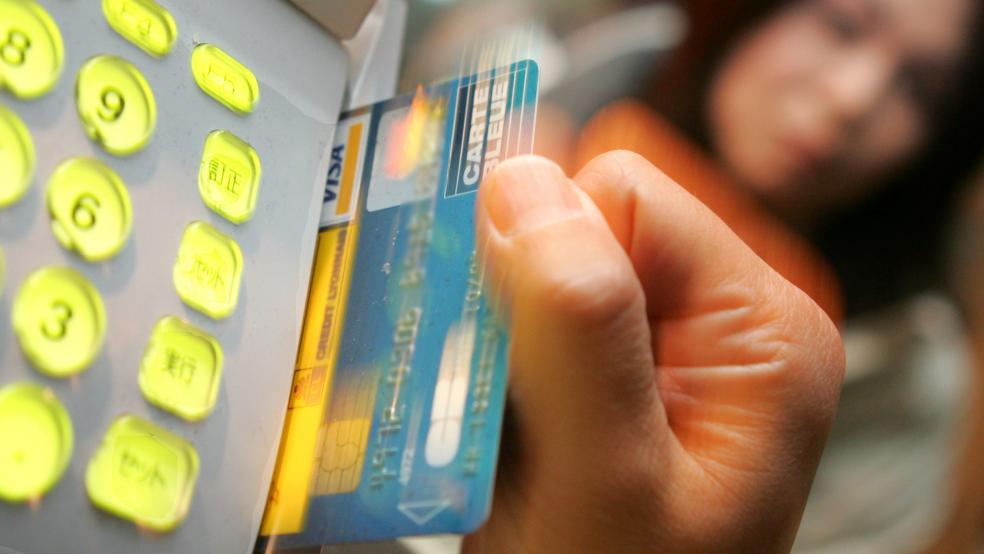With the economic recovery well under way, it’s only a matter of time before the Federal Reserve starts raising interest rates.
Credit card companies will in turn push the interest rates they charge consumers higher as well. So, if you owe any credit card debt, you’ll likely feel the pinch. Depending on your credit profile, credit card companies can increase your interest rate at will from half a percentage point to about 2 or 3 percent in the worst case, as a result of a Fed action.
Related: What Rising Interest Rates Will Cost You in 2014
“People with better credit scores won’t see much of an increase,” says Eric Adamowsky, co-founder of Credit Card Insider, a resource for consumer lending options. “But if you’re higher risk, your rate could rise depending on credit quality and on each credit card provider.”
There are other reasons your credit card interest rates may go up, including if you’ve been late with your credit card payments or if you haven’t made the minimum required payments.
Rates can also go up if you benefitted from a 0 percent introductory APR and the introductory period, which usually lasts 12 to 18 months, expires.
While everyone’s credit card situation will differ, as will the best course of action for your position, here are 5 tips to help you avoid the extra expense of higher interest rates:
Related: Widespread Abuse of Government Charge Cards
Avoid credit card debt. The simplest way to avoid an increase in credit card interest rates is to pay down your credit card debt in full and to make your payments on time. If you don’t have any debt, your interest rate won’t matter.
Negotiate a lower rate. Get on the phone with your credit card company and try to negotiate a lower rate. “More often than not, they’re willing to work with you,” says Adamowsky. “But if you’ve missed a payment, they won’t be so lenient.”
Take advantage of a balance transfer. You can apply for a new credit card, ideally one that offers a 0 percent introductory APR, and transfer the balance on your existing credit card to your new account. But make sure you don’t close your existing credit card account, which would damage your credit score. You can take advantage of the introductory 0 percent APR period to focus on paying down your debt. But be aware that you may be charged a fee of 2 to 4 percent of the total balance transfer.
Related: 5 Reasons Not To Pay Off Your Mortgage Early
Opt out of the rate hike. If you decide to opt out of the interest rate increase, your account will be closed, which can damage your credit profile – but you’ll be able to continue making payments at the existing rate. Be aware that there’s a specific time window in which to opt out of the rate increase. “This option is not ideal,” says Adamowsky. “It’s sort of a last resort.”
Seek help. If you haven’t been successful on your own in lowering your credit card rate and if you’re crawling under credit card debt, you may want to seek free or low-cost help from a credit counselor, who will assist you in determining your best options and help you get on the right path.
Top Reads from The Fiscal Times:





